There is an increasing need to make agricultural practices consider not only production quotas, but also every living and non-living component of the farmland ecosystem. Alternatives such as organic farming may be a step forward for consumers wanting food produced in more sustainable ways, but its capacity to single-handedly curb the sector’s impact on ecosystems is limited. This is where the concept of agroecology comes into play. Research is key to advancing agroecology. Increasingly it is seen as the only viable path to sustainable food systems. Yet, despite all the potential, agroecology-relevant research projects have in the past remained limited and fragmented due to a lack of pan-European coordination.

Enhancing autonomy and safety in future uncrewed aviation
|
The AE4EU (Agroecology for Europe) project consortium, comprising 12 partners from 10 European countries, asserts that scattered or isolated knowledge about agroecology in research, practice, education, training and policies should be brought together and made available to many stakeholders.
AE4EU has six main objectives. The first consists in increasing connections between relevant actors. Project partners will map all local initiatives, national and regional policies, cooperative research efforts as well as all actors involved, to create a European Agroecology Exchange Network.
The project team will set up three living labs in Italy, the Netherlands and the United Kingdom, seeking to identify mechanisms that can strengthen agroecological research and innovation ecosystems in Europe. These living labs will target farmers, as well as researchers, policymakers and citizens.
Project partners will then analyse and provide recommendations to funders in order to make their efforts more complementary. The project will combine top-down and bottom-up approaches to understand how funding is delivered, what works, and what doesn’t.
The fourth objective is to use the European Agroecology Exchange Network to facilitate knowledge exchanges. Finally, they will provide recommendations for future policies, and develop a roadmap and framework for the future European R&I partnership in agroecology. The latter is key to the AE4EU approach, as it will “accelerate the transition towards sustainable farming and food systems practices by promoting networking, connectivity and place-based innovation in a co-creative environment,” according to the project website.
Although the project is still in its infancy, early findings on the nature and effectiveness of existing agroecology funding have already been published. The team has delivered a full database of relevant projects, programmes and institutions, drafted policy briefs for the new common agricultural policy and the European Green Deal, and initiated the co-creation of what the project terms an “overarching network of agroecological networks in Europe.”
More information: CORDIS

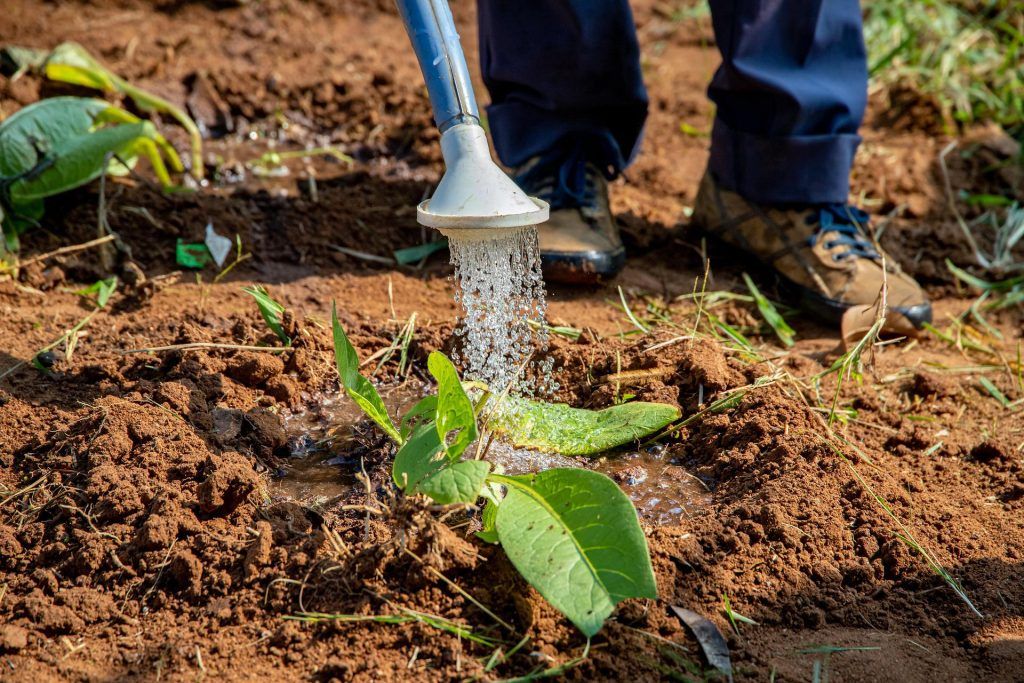

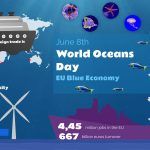
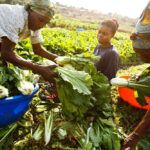
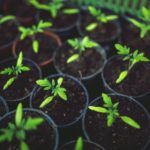
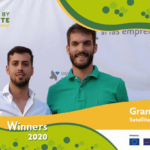

Leave a Reply